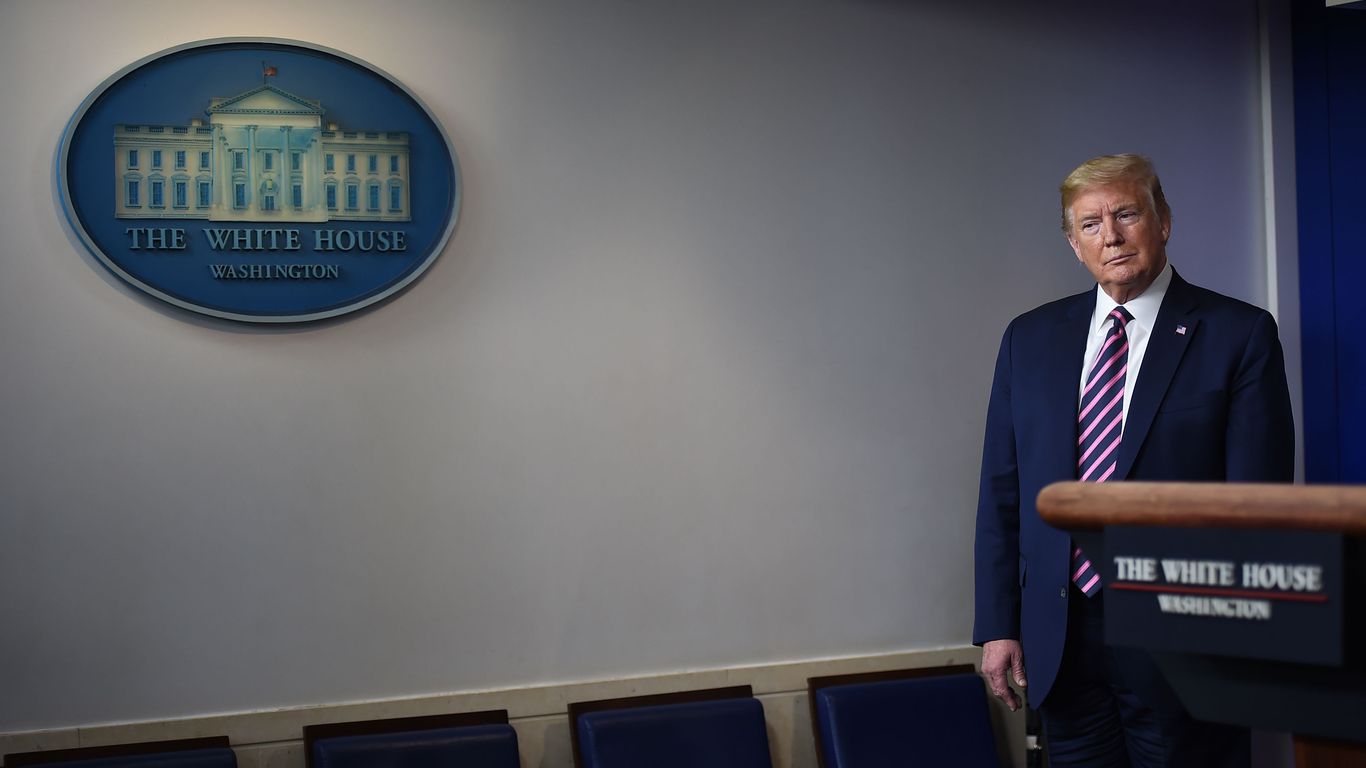About 6 percent of Miami-Dade's population — about 165,000 residents — have antibodies indicating a past infection by the novel coronavirus, dwarfing the state
health department's tally of about 10,600 cases, according to preliminary study results announced by University of Miami researchers Friday.
The study, spurred by Miami-Dade County officials, will be an
ongoing weekly survey based on antibody testing — randomly selecting county residents to volunteer pinpricks of their blood to be screened for signs of a past COVID-19 infection, whether they had tested positive for the virus in the past or not. The goal is to measure the extent of infection in the community.
Friday's results, based on two weeks of countywide antibody testing and about 1,400 participants, found that about half of the people who tested positive for antibodies reported no symptoms in the 14-17 days before being tested. If the trend holds, the findings could have major implications for understanding not only the number of people infected, but also how many have symptoms and, in turn, how the virus spreads.










